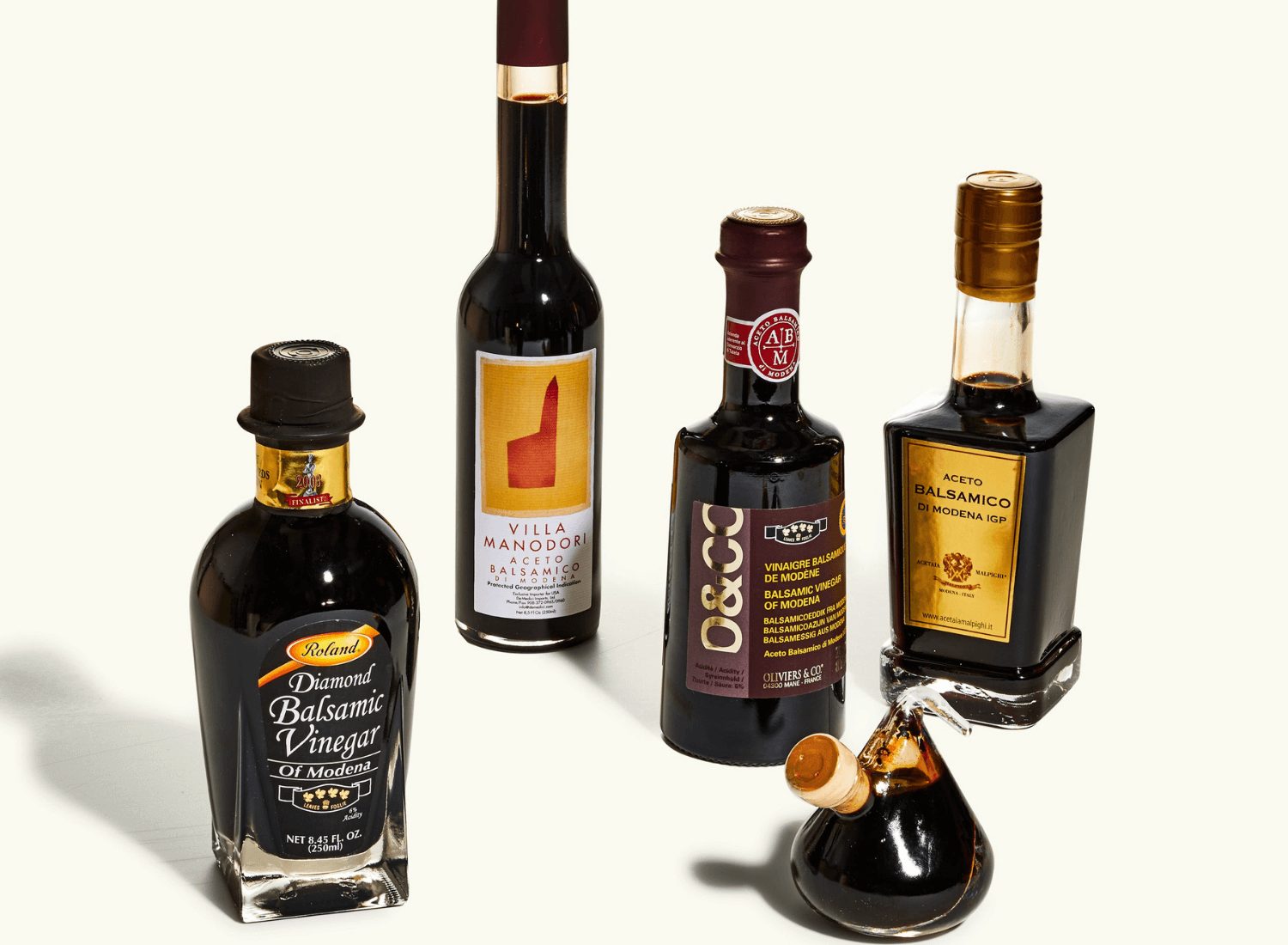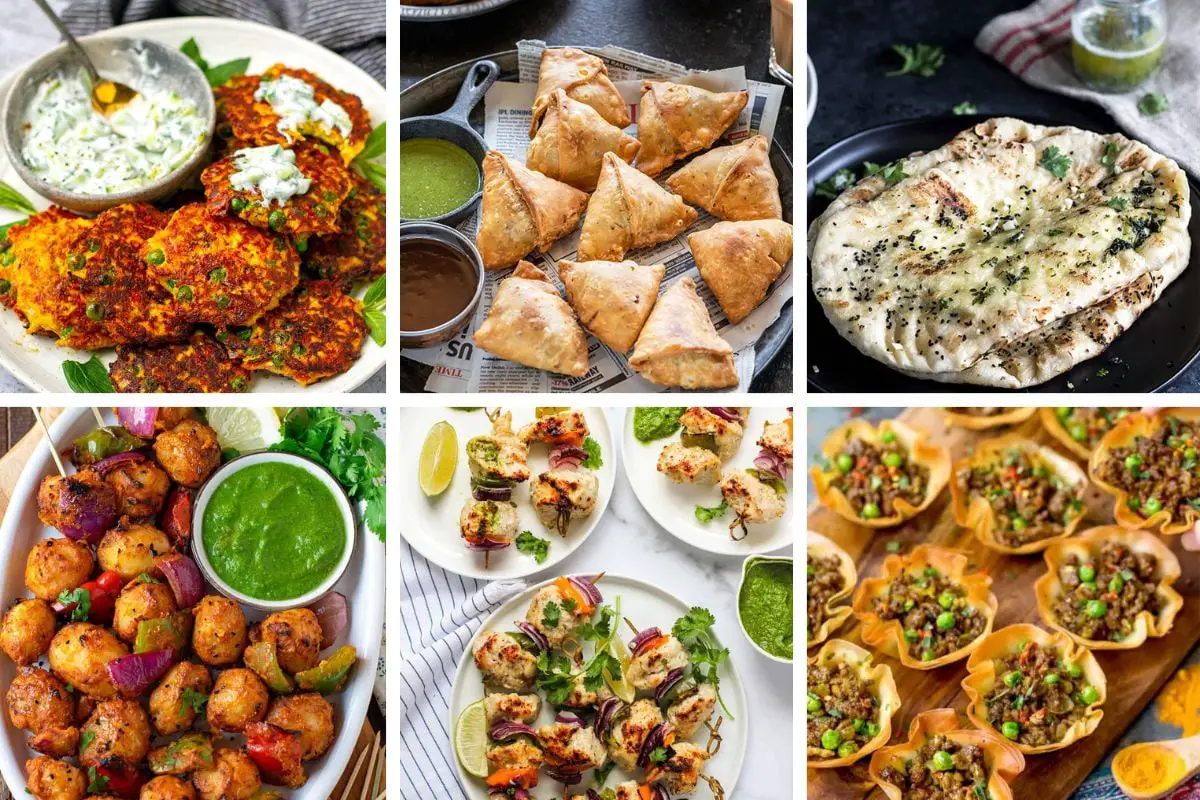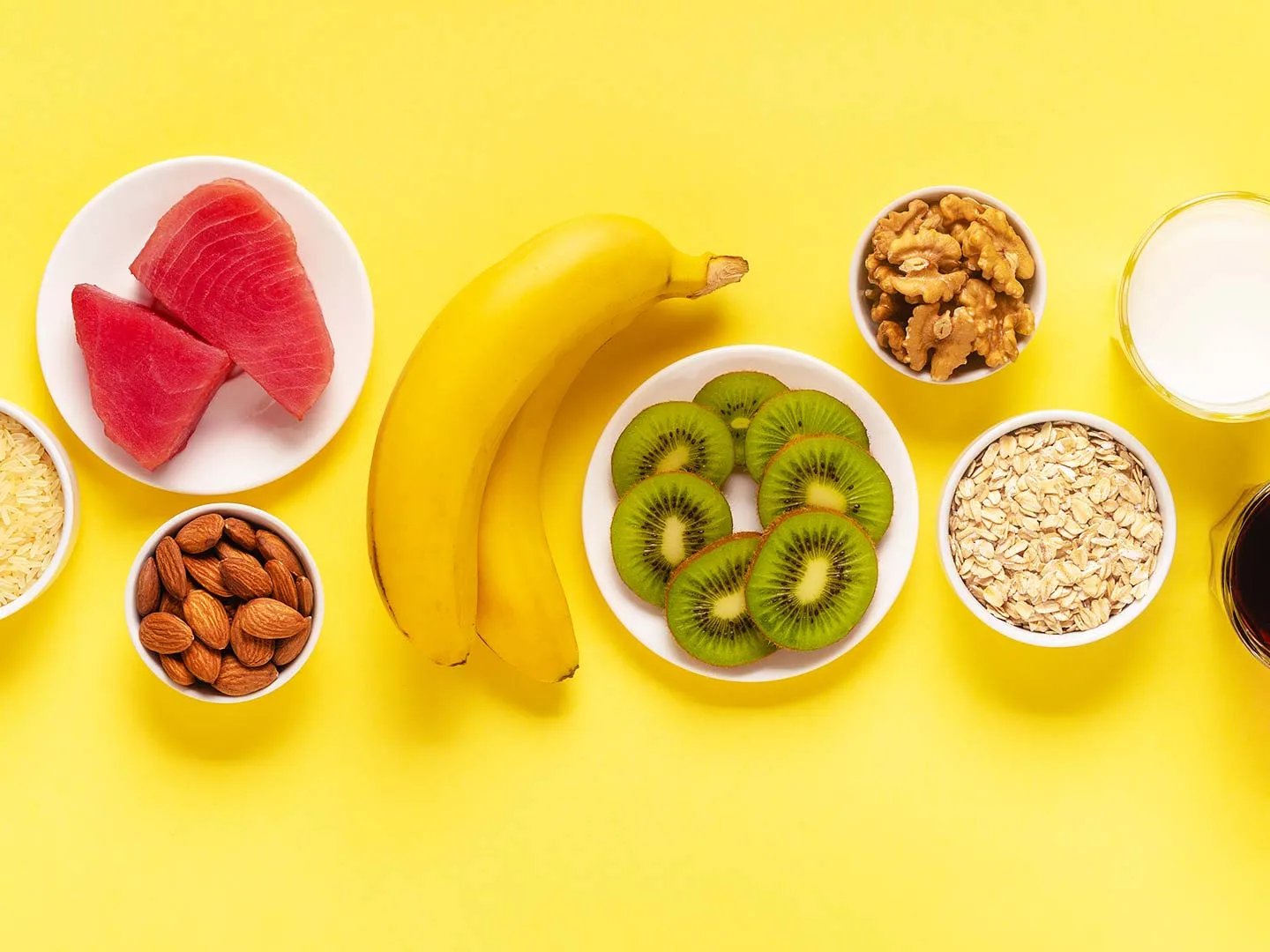From catchy K-pop tunes to complex skincare products, it seems the world is going wild for Korean culture at the moment, and the love for Korean recipes is no exception.
Though admittedly, South Korean cuisine may be on the meat-heavy side, that doesn’t mean you can’t find plenty of tasty fare for vegetarians.
Though vegetables abound in Korean recipes still some dishes are laden with eggs and meat. But above these, vegetarianism in Korea is on the rise, and here are some of the best dishes that don’t include animal products as ingredients:
13 Vegetarian Korean Recipes you can try out
1. Bibimbap
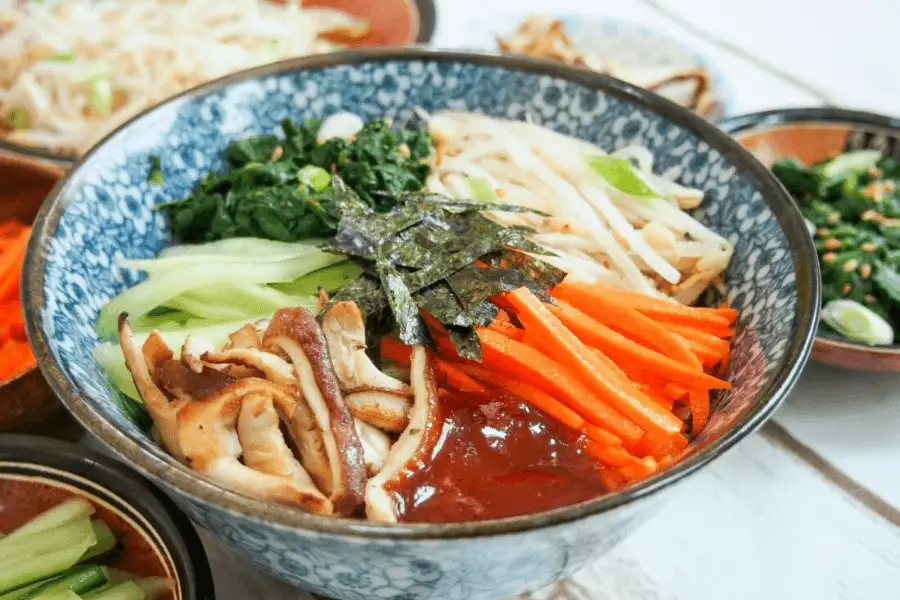
One of Korea’s most famous dishes, Bibimbap, is a bowl of warm rice, chopped vegetables, and spicy sauce. It’s stirred up to mix all the flavors together and eaten as a hearty meal. Generally, Bibimbap is commonly served with meat, but it’s easy to find a vegetarian version with tofu (soya bean paneer).
2. Gimbap
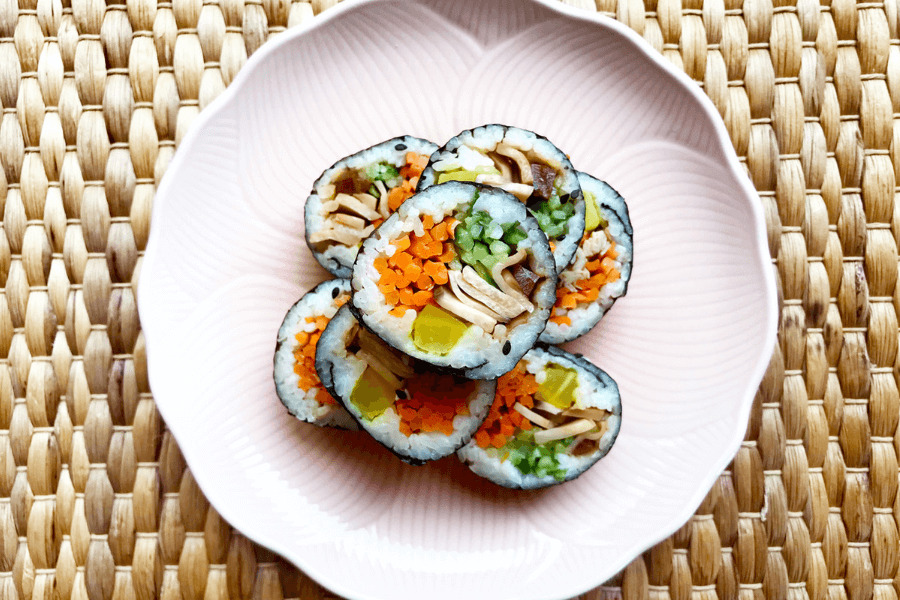
Gimbap, also known as Kimbap, isn’t ordinarily vegetarian, as common fillings include fish and meat. But some market stalls allow you to choose your fillings to make vegetarian Gimbap with rice and vegetables, wrapped in a thin sheet of dried seaweed.
3. Japchae
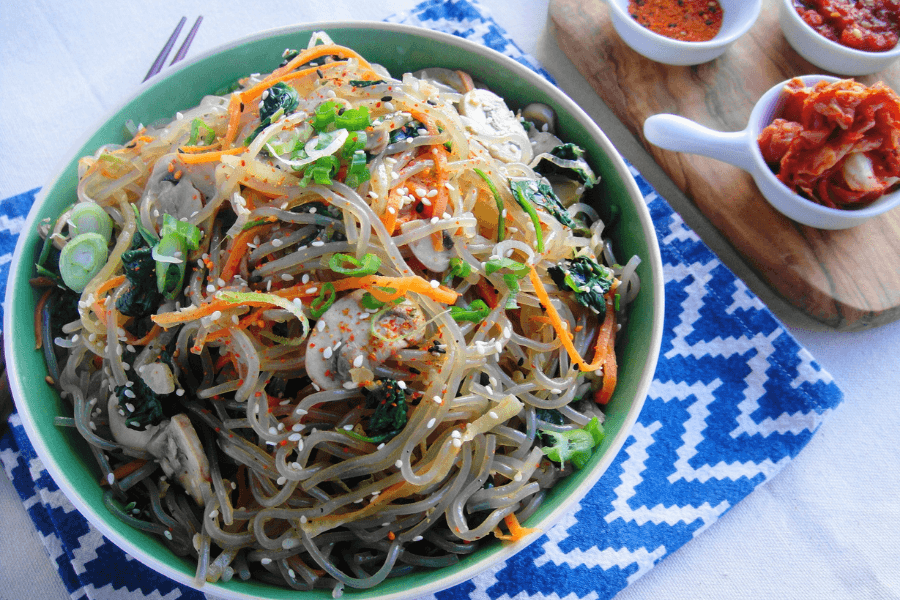
Japchae is Korean sweet potato noodles, which can be easily made vegetarian by ordering it without pork. The chewy sweet potato noodles paired with mushrooms, carrots, and other veggies make for a perfect side dish or main course.
4. Hobak Mandu
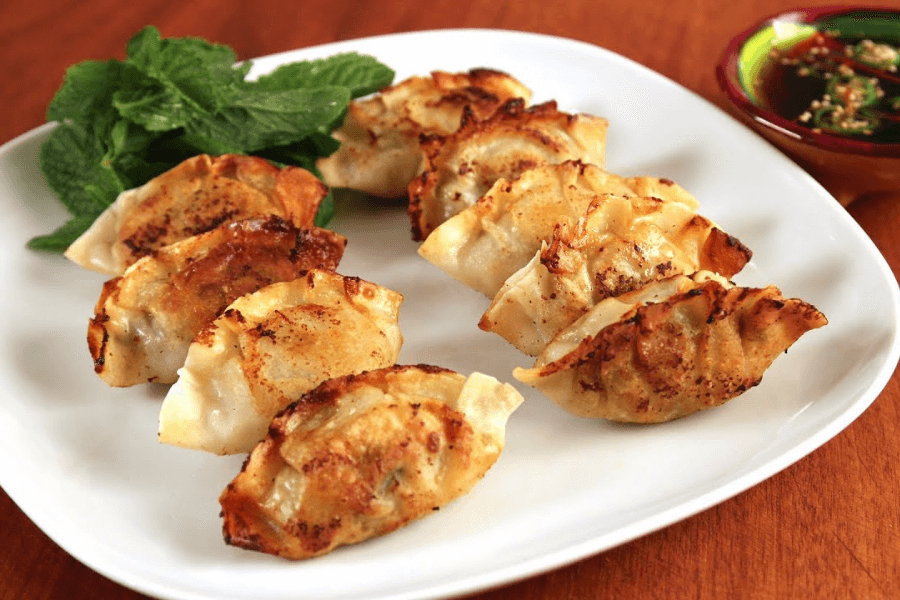
Also known as Zucchini Dumplings, Hobak Mandu is a very simple dish made with only two filling ingredients. First, these dumplings are boiled, then cooled in cold water, and are served cold.
5. Kimchi
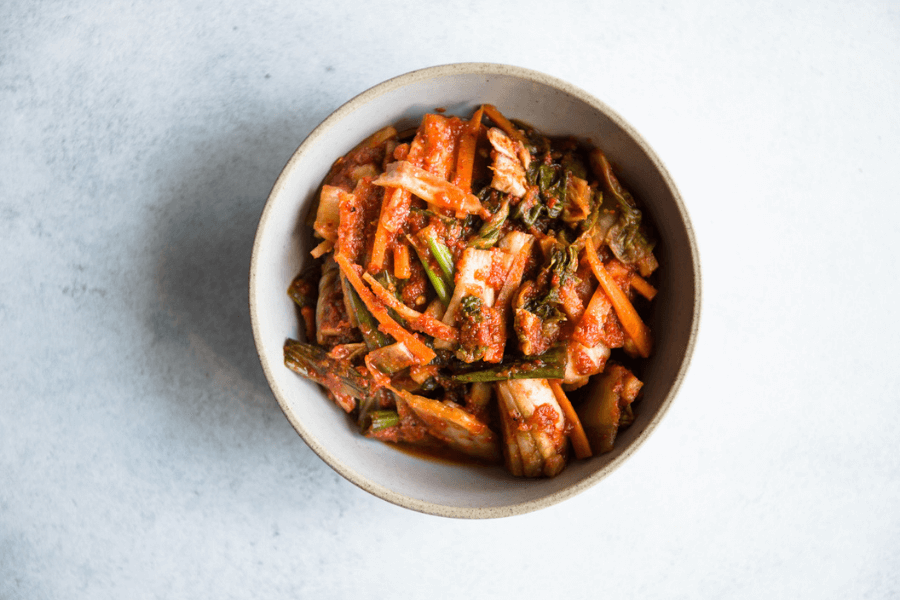
Generally, Kimchi recipes include salted and fermented seafood condiments, but they can be replaced with soup soy sauce, fermented soybean paste along with dried kelp or vegetable broth. For natural sweetness, they commonly add fruits.
6. Hobakjuk
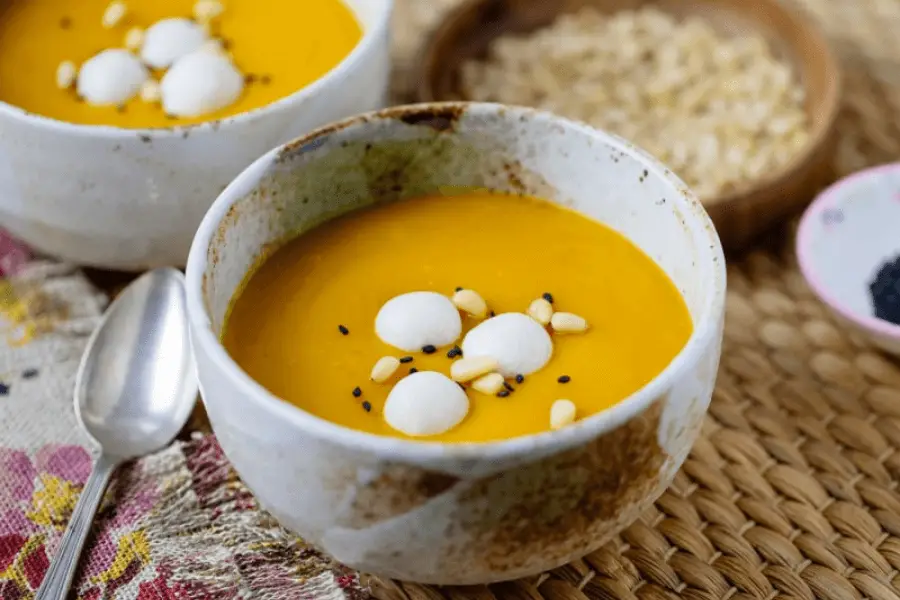
Hobakjuk is a popular dish in South Korea in the cold winter months. It is a golden-yellow porridge of velvety consistency, made with pumpkin and glutinous rice. It can sometimes also include red beans and pine nuts.
7. Jeon
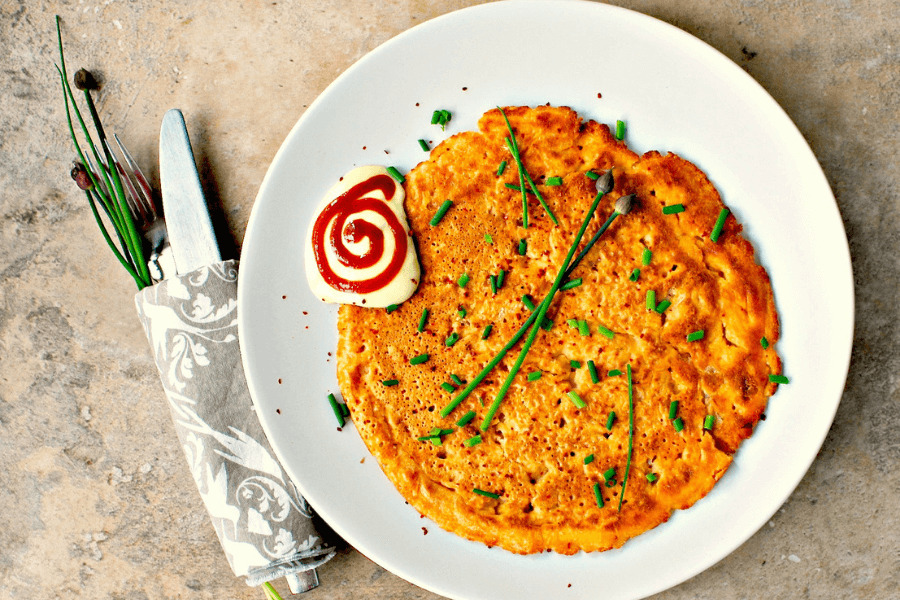
Jeon is the umbrella term for a variety of Korean pancakes. One of the most famous is Pajeon which contains seafood and green vegetables. But it can be made vegetarian by excluding the seafood ingredients.
8. Dubu Jorim
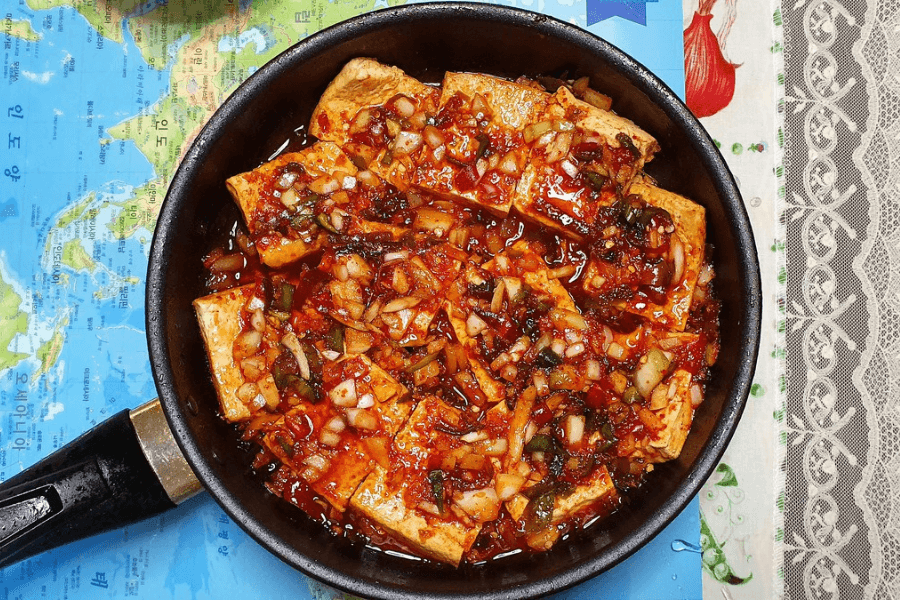
Dubu Jorim is a Korean braised tofu dish that’s enormously popular. Tofu is a staple in Korea as it is in several other Asian countries. It’s a delicious, warm, or cold tofu dish with a flavourful, spicy touch.
9. Bingsu
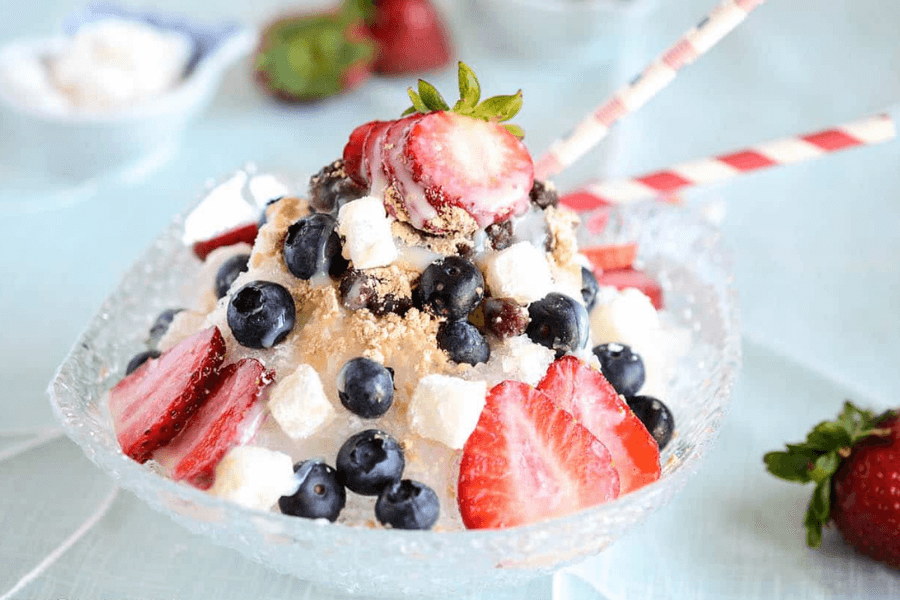
During summers, Koreans cool down with a bowl of Bingsu. It is a sweet and delicious dish consisting of only vegetarian ingredients like shaved ice, served with condensed milk and cream, and topped with red beans, fruits, or chocolate.
10. Gaji Mari
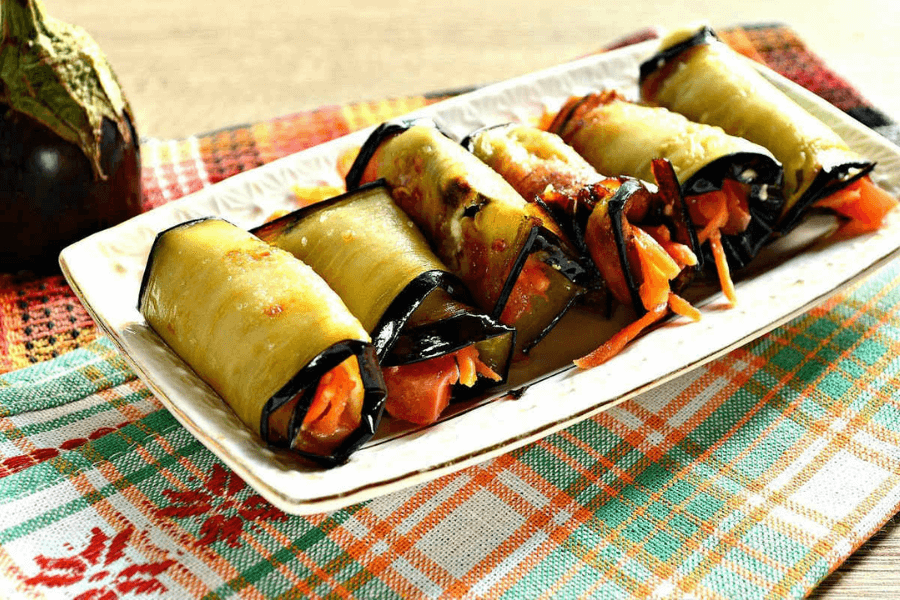
This recipe is very simple and yet very elegant. The thinly sliced eggplants are briefly cooked in a skillet first, and after rolling the sprouts, they are served with hot mustard sauce. For the fillings, different vegetables like colorful fresh bell peppers, carrots and cucumbers are used.
11. Mu Doenjang Guk
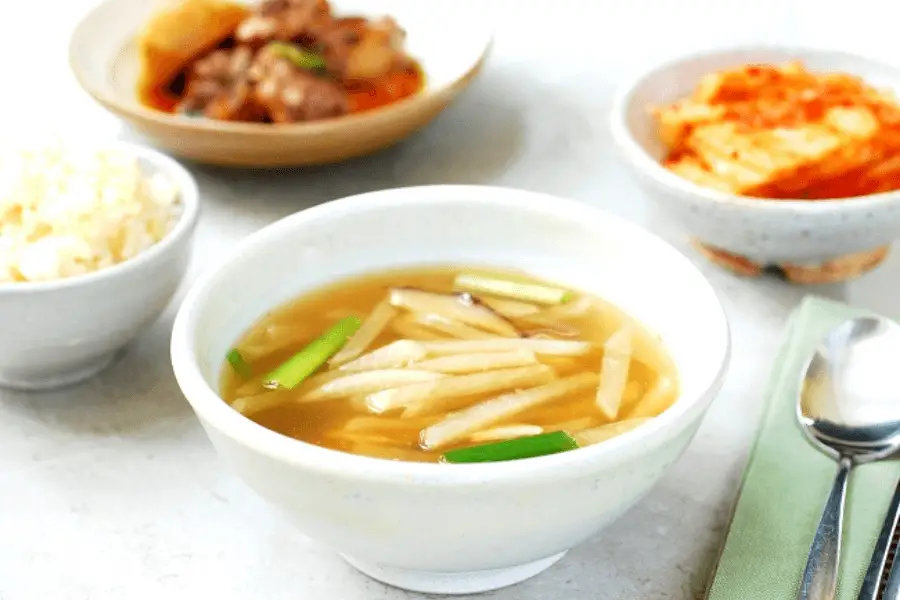
It is a Korean Soybean Paste Radish Soup. It is commonly made with beef broth, but we can also enjoy its vegetarian alternative with a radish-based soup. The radish is generally cut into matchsticks shape in the soup.
12. Kongguksu
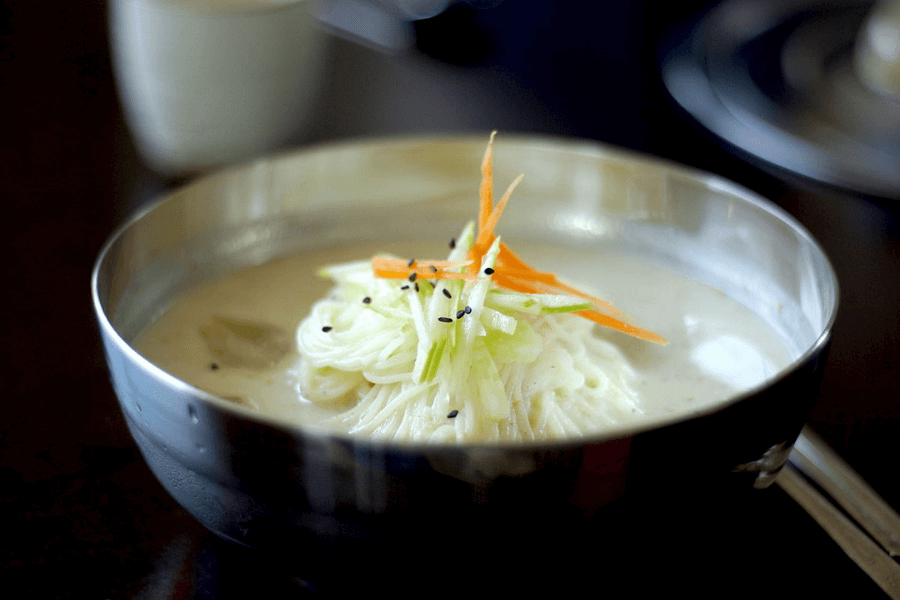
Kongguksu is a refreshing noodle dish in which noodles are served in savory soy milk, perfect for hot summer days. This recipe uses yellow soybeans and pine nuts. It is a delightful and refreshing summer dish.
13. Tteokbokki
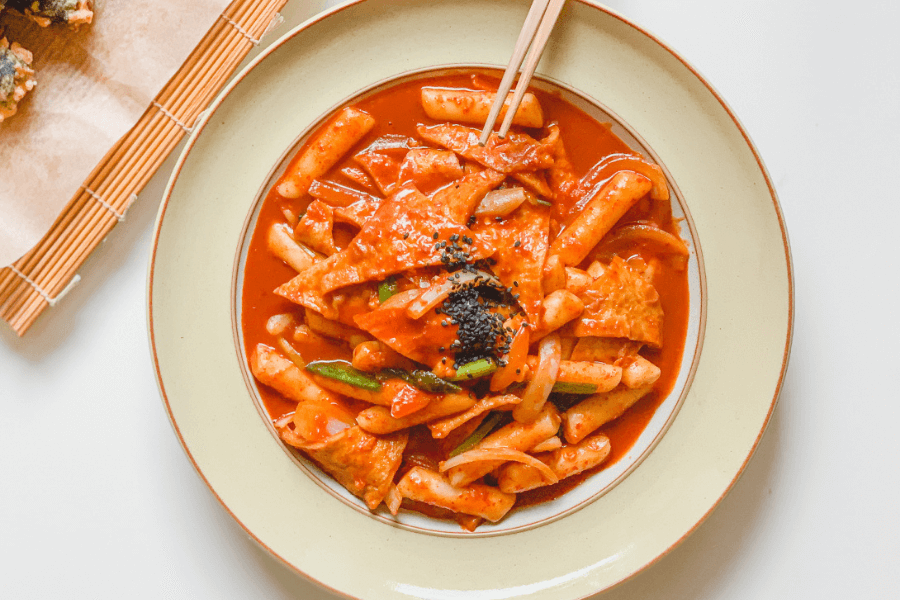
These are long tubular glutinous rice cakes smothered in a spicy and sweet sauce, comprising anchovy broth and fish cakes. But you can turn it into a vegetarian recipe by replacing it with rice cakes, Gochujang (Korean red chili paste), and red pepper flakes.
These delicious recipes make sure that you can be a vegetarian and still enjoy Korean cuisine! So go on, and try all of these to choose your favorite!
Read also – 17 Most Popular Foods to Eat in Allahabad

